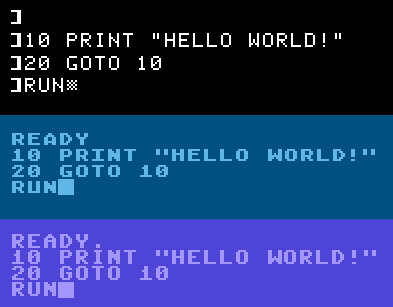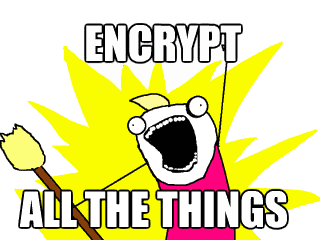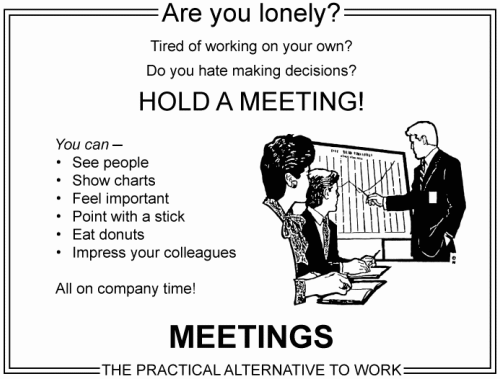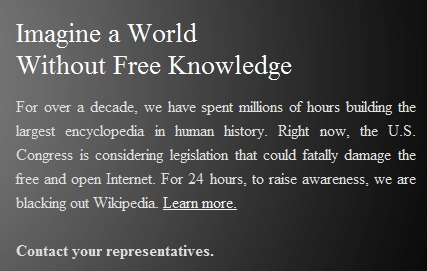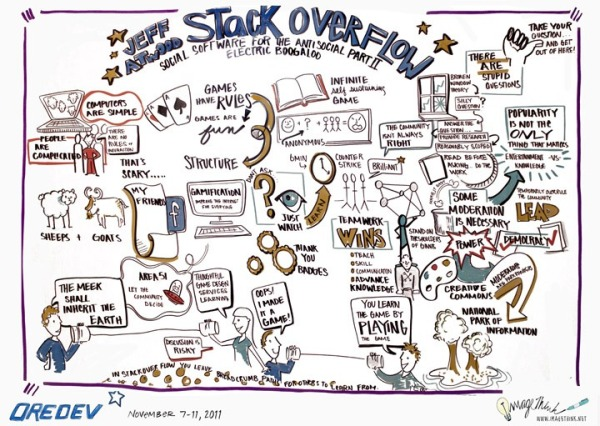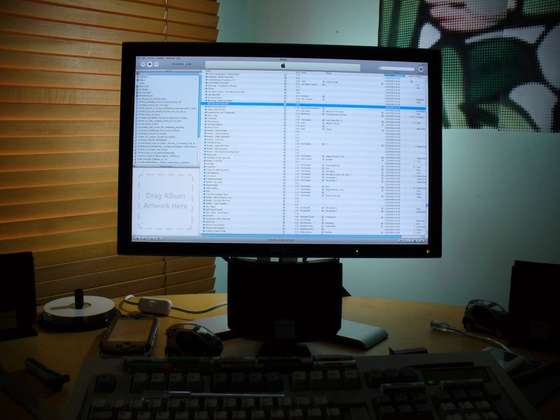
programming concepts
Rubber Duck Problem Solving
At Stack Exchange, we insist that people who ask questions put some effort into their question, and we’re kind of strict about it. That is, when you set out to ask a question, you should… * Describe what’s happening in sufficient detail that we can follow along. Provide the

